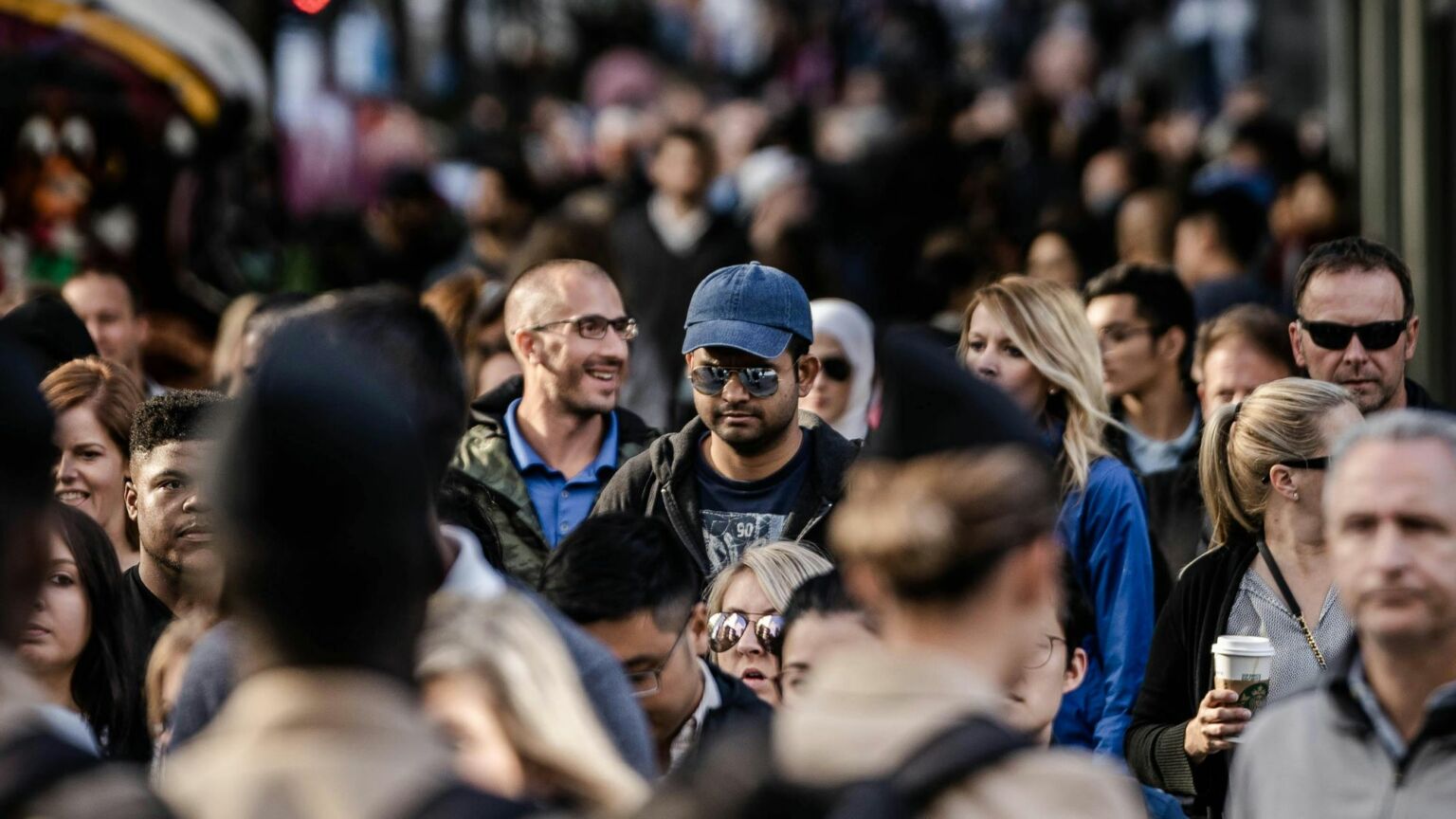Humanity is still making the world a better place
Even in these maddening times, millions of ordinary people are committed to the common good.

Want to read spiked ad-free? Become a spiked supporter.
As a journalist, I spend most of my time reporting on all the things going wrong in the world. Good news does not attract readers. But there are, in fact, a lot of positive things about life on Earth today. We need to remember those things from time to time to avoid falling into pessimism and despondency.
Here are just a few examples. We can photograph all the beauty in the world at a moment’s notice. We have endless hours of poetry, music and classic cinema at our disposal. We can travel vast distances at record speeds. And we have a whole world of knowledge at our fingertips with just the click of a button.
Today, in every corner of the world, there are millions of people doing good. There is a teacher dedicating his life to his students. There is a boy carrying shopping bags for an old woman in his building. There is a radiologist confirming that a tumour has disappeared. There is a pill that will ease the greatest of pains. There is a volunteer building a school in a poor country. There is a farmer who will harvest his best crop yet. And, somewhere, a programmer is inventing something that will make our lives easier.
While it is often difficult to recognise it, honour, loyalty, prudence, courage, generosity and fortitude still matter a great deal in the confusion of the 21st century. In fact, it is precisely because there are so many people putting the common good before selfish desires that we have so much good to talk about. As HL Mencken once wrote: ‘A cynic is a man who, when he smells flowers, looks around for a coffin.’ Perhaps it is time to stop turning our heads in search of the funeral procession.
After all, optimism may currently have a bad name, but we should remember that most of the catastrophic predictions that were once made about life in the 2020s have simply not come true. The planet has not imploded due to exponential population growth, as Thomas Malthus predicted in the 19th century. In fact, the rich West is now tearing its hair out over the opposite problem. We face a seemingly endless demographic winter and states are trying desperately to convince people to have more children.
Still, many once intractable problems are being quietly solved. The number of hungry people in the world has fallen by more than 200million since 1990. And the solution was simple: more development. An openness to freedom, international trade and education has brought prosperity to once hungry nations.
Advancements in science and medicine continue to improve the lives of everyone. We only recently overcame the greatest pandemic in decades. Cancer mortality rates are falling rapidly in Western countries. Overall, medicine is serving up a glorious era for mankind, giving the average person the best quality of life and life expectancy in human history.
Admittedly, technology has brought a host of new problems, too, from cyber-theft to social-media overuse, but we often overlook the good things about the digital revolution. Humanity has gained once unimaginable freedoms in global communication. It has revolutionised our leisure time, our culture, how we cooperate and work. Most of the scary prophecies about the digital world have not come true, either. If anything, the most pressing issue on the internet is that very old human conflict between censorship and freedom of speech.
I’m not suggesting that we should all adopt a kind of rose-tinted utopianism. Far from it. There are new problems, certainly, but there is no room for despair. Whenever the political class tries to undermine democracy, or woke activists advocate for the mutilation of children, there are always concerned citizens working to prevent this madness from taking over and trying to show a better way.
GK Chesterton was right when he said that ‘the most extraordinary thing in the world is an ordinary man and an ordinary woman with ordinary children’. There are still millions of ordinary people serving the common good, each one of them a good reason not to be discouraged. We should not forget that.
Itxu Díaz is a Spanish journalist, political satirist and author.
Picture by: Cameron Casey.
Who funds spiked? You do
We are funded by you. And in this era of cancel culture and advertiser boycotts, we rely on your donations more than ever. Seventy per cent of our revenue comes from our readers’ donations – the vast majority giving just £5 per month. If you make a regular donation – of £5 a month or £50 a year – you can become a and enjoy:
–Ad-free reading
–Exclusive events
–Access to our comments section
It’s the best way to keep spiked going – and growing. Thank you!









Comments
Want to join the conversation?
Only spiked supporters and patrons, who donate regularly to us, can comment on our articles.